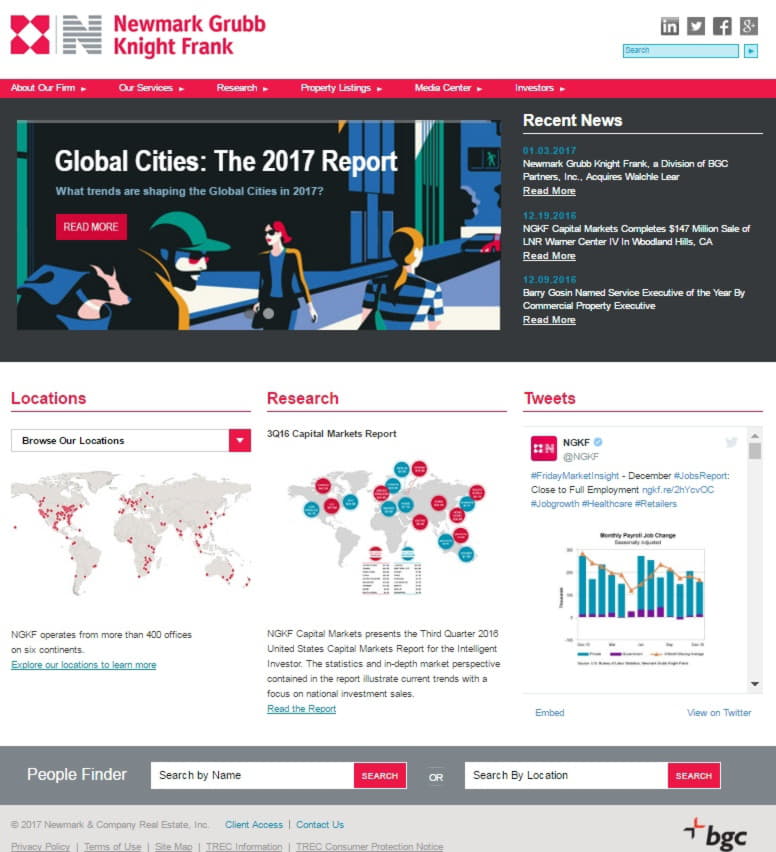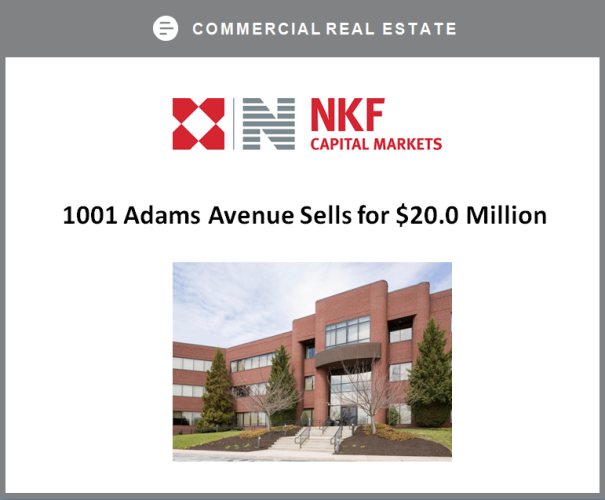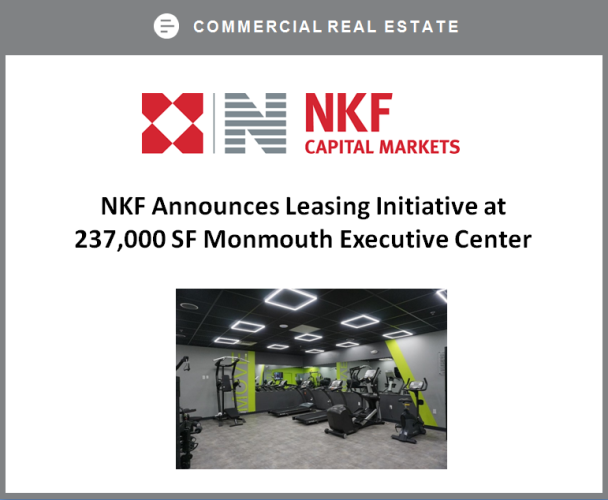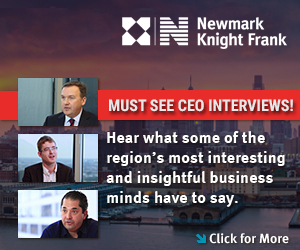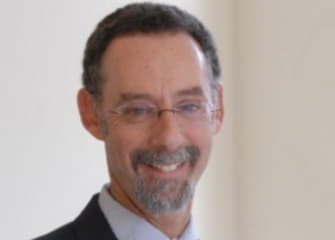
Christopher Fiorentino
Click here for Part I & Part II
A public university offering high-quality undergraduate and graduate education programs
Dr. Christopher Fiorentino is the President of West Chester University, a public university in West Chester, Pennsylvania. Founded in 1871, WCU began as a private institute focused on pedagogy. Today, the school is one of Pennsylvania's 14 state universities and offers over 200 undergraduate and graduate programs covering diverse liberal arts, science, and engineering topics and fields of study. In 2009, U.S. News & World Report ranked WCU 69th in the Master's Universities (North) category. Dr. Fiorentino is the 15th person to serve as the university’s President. His inauguration will take place Friday, April 21, 2017.
EDWIN WARFIELD: Let’s talk about your leadership style. What are your goals and your vision as President?
CHRISTOPHER FIORENTINO: Transformational leadership is hard in any setting. In higher education, it’s even trickier. While people might think of universities as being on the cutting edge—maybe there are research endeavors that are on the cutting edge—but they’re very status quo-oriented. Very often, you will find that faculty would prefer things to stay just the way they are. What I’ve always tried to do is to create a vision for what we could be. When we went through the business accreditation, I really challenged the faculty. I said, “Are we doing the best job that we could be doing for our students? Because we are here to educate these people. We are here to support their future success. Could we be doing a better job than we’re doing?”
That led to some very interesting discussions. In one meeting where I was getting a lot of resistance and people were saying that they felt that we were doing a good job, I actually suggested that maybe I was going to get them t-shirts that said “West Chester University: We’re Good Enough.” They were very offended by that and I said, “Well, what are we going to do about it?” Part of my challenge, and again alluding to some of the entrepreneurship, a lot of it was based on the fact that we never really seemed to have enough resources to do what we needed to do.
I solved the resource problem. I got them plenty of money and so I took away their complaint about not having the resources—“We can’t travel to conferences, we don’t get support for our research”—and I said, “Here it is.” I painted the picture of where we needed to get to.
In a situation like that the advice that I received from more experienced persons than I had been at the time was that you can’t launch a new initiative like that only after you get significant buy in—you have to get what you think is the critical mass to get started, and you have to get the work, and then you have to try to bring people along as you go. That’s what we did. We started off, we had a few people who were early adopters, and over time more people started to get with the program and realize that this was a good idea. That started to create pressure on those who were resistant, and eventually the group of resistors were smaller than the group of supporters, and they started to feel more and more lonely, and eventually we had everybody pulling in the same direction.
At this point, the business faculty, which was very resistant to change when we started this discussion 10, 12 years ago, now has totally embraced this. They own this accreditation. They own the quality of this program. Frankly, the new faculty we were recruiting would not be coming here if we didn’t have this demonstration of a commitment to quality.
That, really to me, is what a leader can do. If an organization is going to change, somebody has to knock it off balance, somebody has to move it away from its comfortable equilibrium. That’s really what the transformational leader has to do: you have to get people into a position where they’re uncomfortable with the way things are and they’re committed to being better. That’s what we are working on at West Chester right now.
Connect with Christopher on LinkedIn
Sponsored by:
ABOUT NEWMARK GRUBB KNIGHT FRANK
Newmark Grubb Knight Frank (NGKF) is one of the world's leading commercial real estate advisory firms. Together with London-based partner Knight Frank and independently-owned offices, NGKF's 14,100 professionals operate from more than 400 offices in established and emerging property markets on six continents.
With roots dating back to 1929, NGKF's strong foundation makes it one of the most trusted names in commercial real estate. NGKF's full-service platform comprises BGC's real estate services segment, offering commercial real estate tenants, landlords, investors and developers a wide range of services including leasing; capital markets services, including investment sales, debt placement, appraisal, and valuation services; commercial mortgage brokerage services; as well as corporate advisory services, consulting, project and development management, and property and corporate facilities management services. For further information, visit www.ngkf.com.
NGKF is a part of BGC Partners, Inc., a leading global brokerage company servicing the financial and real estate markets. BGC's common stock trades on the NASDAQ Global Select Market under the ticker symbol (NASDAQ: BGCP). BGC also has an outstanding bond issuance of Senior Notes due June 15, 2042, which trade on the New York Stock Exchange under the symbol (NYSE: BGCA). BGC Partners is led by Chairman and Chief Executive Officer Howard W. Lutnick. For more information, please visit http://www.bgcpartners.com/.


Edwin Warfield, CEO of citybizlist, conducts the CEO Interviews.
If you're interested in reaching CEOs, please contact edwin.warfield@citybuzz.co
Connect on LinkedIn
